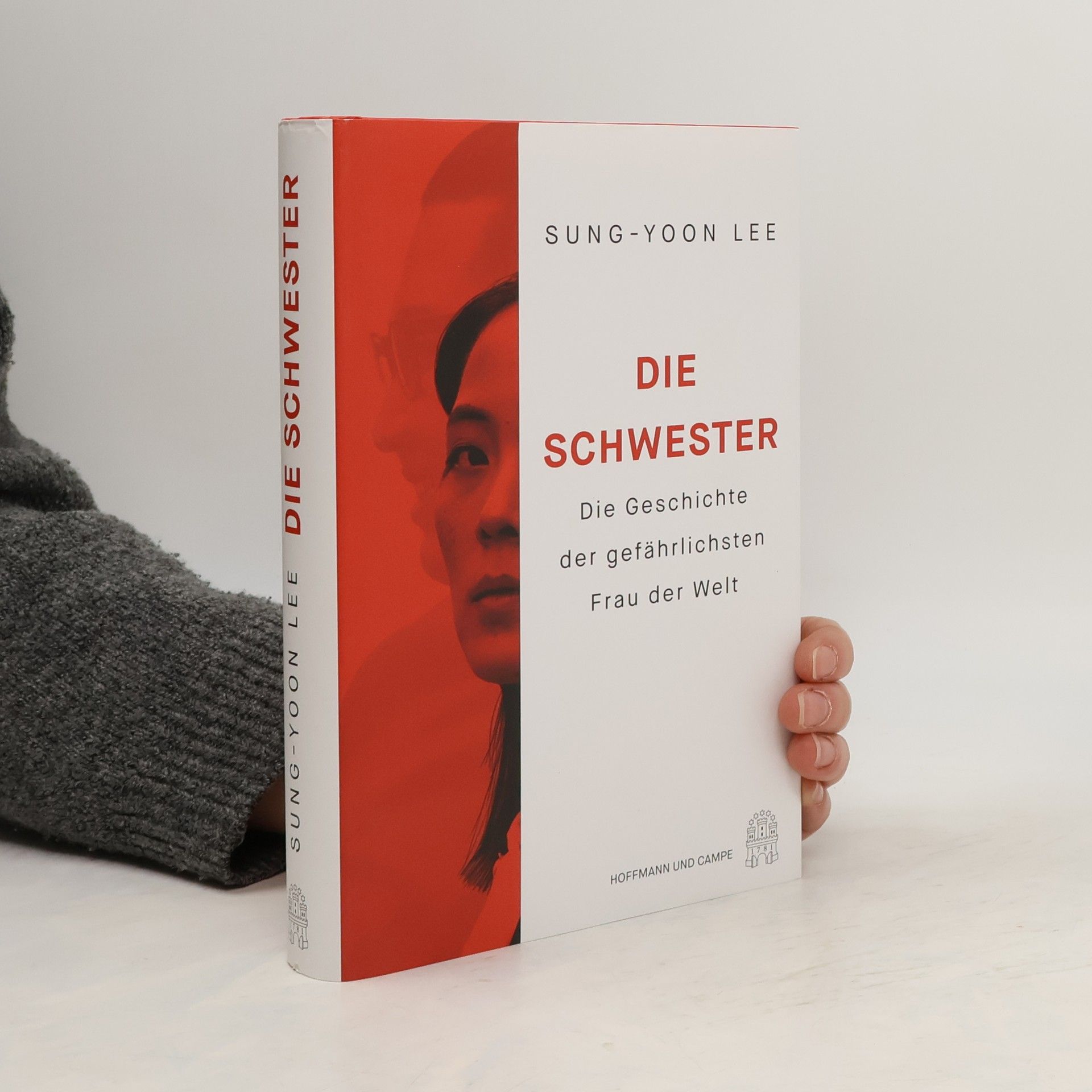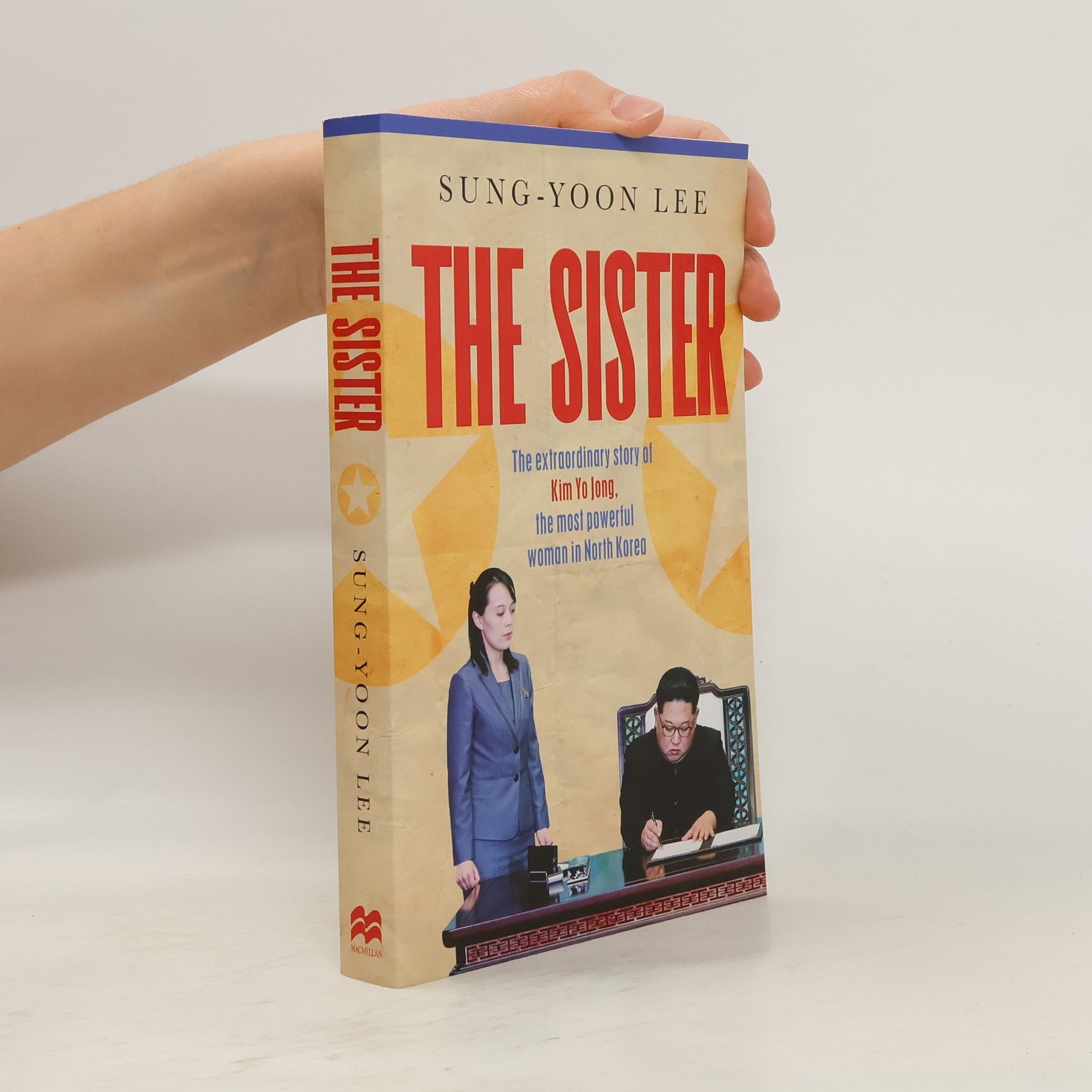This first book on Kim Jong-uns powerful sister, tipped to be his successor, is a readable, jaw-dropping insight into a secretive and dangerous dynasty.
Lee Seung-u Libros
Lee Seung-u es un aclamado autor surcoreano cuyas obras a menudo profundizan en las complejidades de la existencia humana y los dilemas morales. Su prosa se caracteriza por una perspicaz introspección en la psicología de los personajes y una exploración filosófica de la vida, la muerte y el significado del sufrimiento. A través de sus narrativas, Lee busca desvelar las intrincadas capas del alma humana, ofreciendo a los lectores una profunda comprensión del mundo que les rodea y de sus propias vidas interiores. Su estilo es frecuentemente descrito como meditativo y exigente, invitando a la reflexión sobre las cuestiones fundamentales del ser.





Der Privatdetektiv Ki-Hyeon bekommt endlich einen Auftrag: Er soll eine Frau beschatten. Der Kunde bleibt anonym, und als er die Frau zu Gesicht bekommt, schreckt er zurück: Es ist seine Mutter. Soll er den Auftrag annehmen? Schicht um Schicht taucht er ein in die Geheimnisse. War es wirklich ein Unfall, dass sein Bruder, ein talentierter Fotograf, in der Armee beide Beine verlor? Warum ist das Mädchen verschwunden, das vor dem Unfall des Bruders große Liebe war? Und wer ist der große Unbekannte, der im Leben der Mutter auftaucht, als gehöre er mit zur Familie? Was weiß der Vater, der fast wortlos seine Rolle in diesem beklemmenden Familienverbund spielt? Dieser kunstvoll komponierte Roman legt eine dramatische Familiengeschichte frei, in der zum Schluss die Liebe über Schuld, Beklemmung und Schweigen siegt.
Die Messer
Koreanische Novellen • Bilinguale Serie 06
»Die Klinge lasse ihn lediglich das Schlimmste aushalten, aber sie bedrohe andere nicht.« Seine Stimme war dabei so kalt wie eine scharfe Schneide, als er fortfuhr: »Wer keinen Hass in sich trägt, hat auch keine Angst.« 2010 wurde »Die Messer« mit dem Hwang Sun-Won-Literaturpreis ausgezeichnet. Die Novelle erzählt von Menschen, die sich mit Dolchen umgeben, nicht um Stärke zu zeigen, sondern um ihre Schwäche zu verbergen. Sie brauchen solche Objekte der eigenen Aufwertung, weil sie ohne diese nichts sind und nichts tun können. Lee Seung-U hat die Angst moderner Menschen, die ohne ihren Abwehrschild in Form einer scharfen Stichwaffe verletzlich sind, schonungslos offengelegt und setzt sich eloquent mit den Abgründen der menschlichen Psyche auseinander, denen er durch die Gedanken und Reflexionen seiner Protagonisten nachspürt.
Der neunundzwanzigjährige Student Han Myeong-Jae, an Tuberkulose erkrankt, wird überraschend von großer Unruhe ergriffen: Dass er seinen Vater nie gekannt hat, verstört ihn jetzt und stört seine idyllische Genesungsruhe. Er macht sich auf die Suche, reist in die Grenzzone seines geteilten Landes; dort hofft er, den verschollenen Vater zu finden. Der Blick zur Mittagszeit ist eine Reise in die Seele eines jungen Mannes, der sich plötzlich in einem Alptraum aus Fragen wiederfindet. Doch am Ende, wenn das Licht am hellsten ist, ist die Einsicht unausweichlich. Mit großem Einfühlungsvermögen erkundet der Autor Lee Seung-U das Innenleben seines Protagonisten, erwägt dessen Fragen nach dem Sinn des Lebens und webt in seine Erzählung Fäden ein, die zu Kafka, Rilke und Vargas Llosa führen.
Die Schwester
Die Geschichte der gefährlichsten Frau der Welt
Spätestens als Donald Trump 2019 als erster amtierender US-Präsident nordkoreanischen Boden betrat, fiel der Weltöffentlichkeit eine Frau an der Seite des nordkoreanischen Diktators auf: Kim Jong Uns Schwester und die Person, der er vertraut wie keiner anderen. Sie gibt sich charmant und wird gerne als Hoffnungsträgerin und Friedensbotschafterin gesehen. Dass sie aber vor kaum etwas zurückschreckt, hat sie in den vergangenen Jahren in ihrer Rolle als Chefpropagandistin ihres Bruders vielfach bewiesen. Sung-Yoon Lee enthüllt die Wahrheit über die ebenso schillernde wie skrupellose Schwester des nordkoreanischen Diktators und bietet einen packenden Blick hinter die Kulissen eines der grausamsten Regime der Welt.